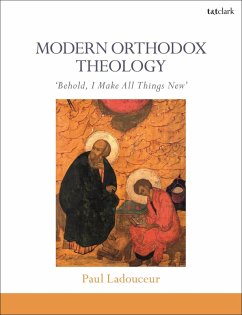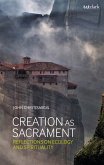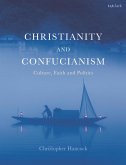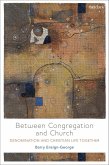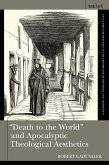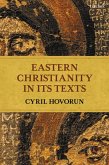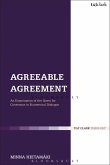Modern Orthodox theology represents a continuity of the Eastern Christian theological tradition stretching back to the early Church and especially to the Ancient Fathers of the Church. This volume considers the full range of modern Orthodox theology.
The first chapters of the book offer a chronological study of the development of modern Orthodox theology, beginning with a survey of Orthodox theology from the fall of Constantinople in 1453 until the early 19th century. Ladouceur then focuses on theology in imperial Russia, the Russian religious renaissance at the beginning of the 20th century, and the origins and nature of neopatristic theology, as well as the new theology in Greece and Romania, and tradition and the restoration of patristic thought. Subsequent chapters examine specific major themes:
- God and Creation
- Divine-humanity, personhood and human rights
- The Church of Christ
- Ecumenical theology and religious diversity
- The 'Christification' of life
- Social and Political Theology
- The 'Name-of-God' conflict
- The ordination of women
The volume concludes with assessments of major approaches of modern Orthodox theology and reflections on the current status and future of Orthodox theology.
Designed for classroom use, the book features:
- case studies
- a detailed index
- a list of recommended readings for each chapter
The first chapters of the book offer a chronological study of the development of modern Orthodox theology, beginning with a survey of Orthodox theology from the fall of Constantinople in 1453 until the early 19th century. Ladouceur then focuses on theology in imperial Russia, the Russian religious renaissance at the beginning of the 20th century, and the origins and nature of neopatristic theology, as well as the new theology in Greece and Romania, and tradition and the restoration of patristic thought. Subsequent chapters examine specific major themes:
- God and Creation
- Divine-humanity, personhood and human rights
- The Church of Christ
- Ecumenical theology and religious diversity
- The 'Christification' of life
- Social and Political Theology
- The 'Name-of-God' conflict
- The ordination of women
The volume concludes with assessments of major approaches of modern Orthodox theology and reflections on the current status and future of Orthodox theology.
Designed for classroom use, the book features:
- case studies
- a detailed index
- a list of recommended readings for each chapter

